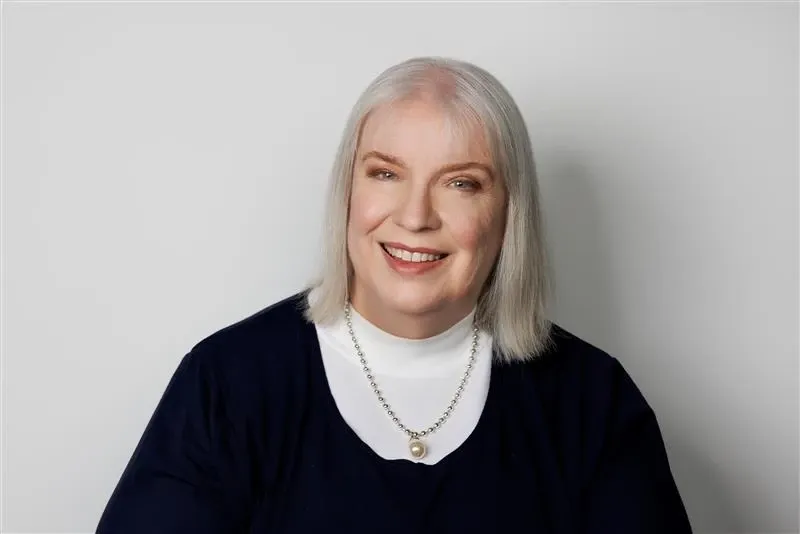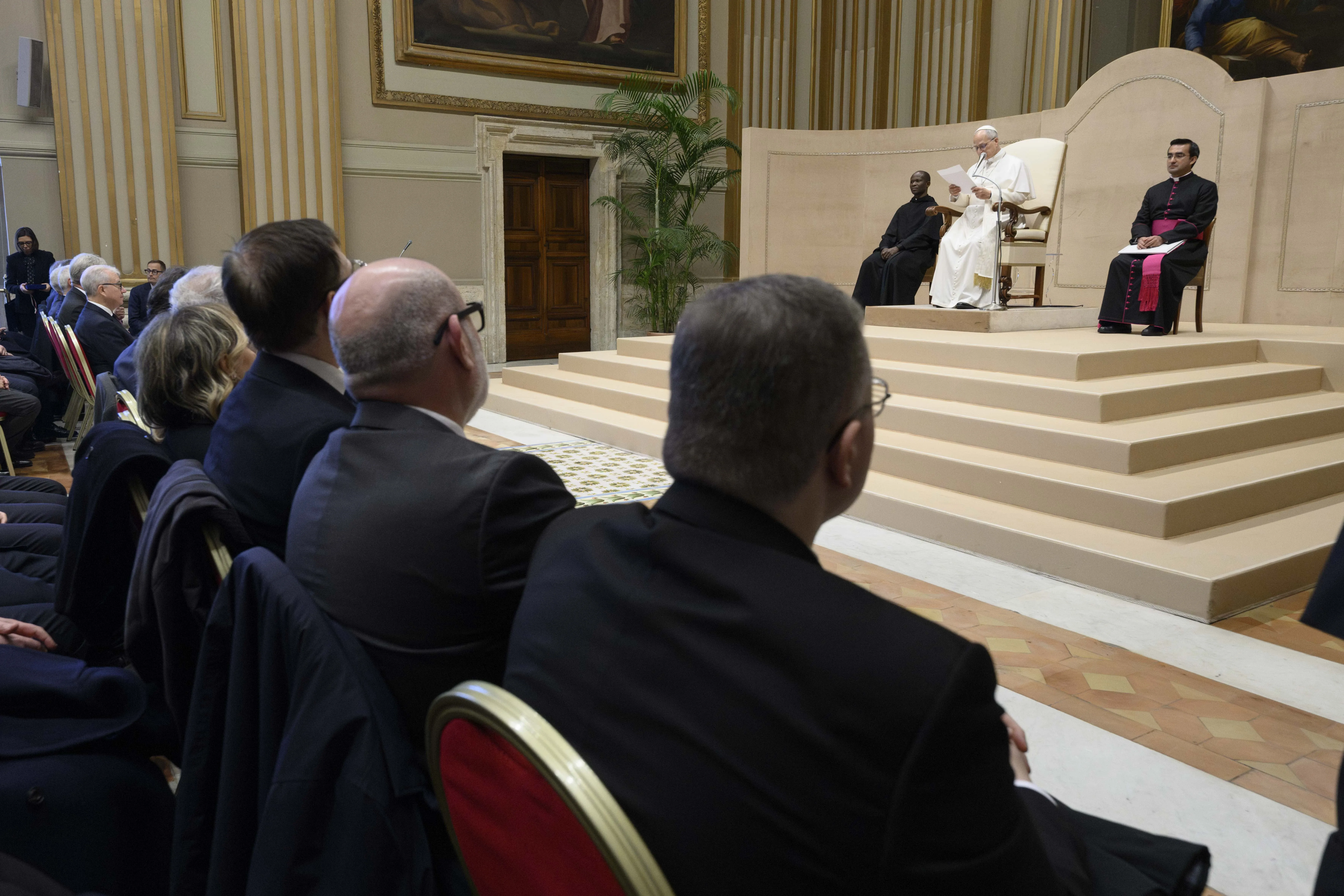“Because he was doctrinally orthodox, people overlook his very practical, not just advocacy for the poor in common with Pope Francis, but his actual practical action for the poor,” Livingstone said.
He ran Caritas, the Catholic aid agency in Australia, for nine years while he was a Catholic archbishop, she said, and he had to reform the money that was given to the Philippines, some of which was going to communist groups.
As part of this work, he traveled several times to the Philippines, Cambodia, and India, and to other challenged places “at very difficult times.”
The effort he put into a proper management of the Australian charity’s finances was a big part of his motivation when he accepted Pope Francis’ appointment to be the inaugural head of the Vatican’s Secretariat for the Economy in 2014.
“He took Francis’ preference for the poor very seriously,” Livingstone said, “and he wanted more [money] to be available for the poor and he wanted less spent on administration and bureaucracy at the Vatican.”
(Story continues below)
She explained that he also wanted to see more of Peter’s Pence, the pope’s personal charitable fund, go to the poor.
“When he looked into it, more than 75% of the money collected for Peter’s Pence was being used for other purposes, other than helping the poor,” she noted. “And he said, look, I’d like over time a plan to reduce that from 75 to 50 to 25%. He was practical like that.”
The cardinal was also a personal friend to the poor, both in Sydney and Rome. While he was not the sort to “wear his charity on his sleeve,” he would take care of some of the homeless, one man in particular, who hung around the area close to his Rome apartment, the biographer described.
“As he would say, ‘I occasionally give him a few bob.’ In fact, he was very generous to him,” the author said.
‘Faithfulness under pressure’
Livingstone said she thinks the prelate will also be remembered for how he handled the incredible challenge of over a year in prison, most of it in solitary confinement, while maintaining his faith and his poise.
“He was a model of grace under pressure and faith under pressure,” she said. “He certainly drew on his reserves of faith” and his vast knowledge — acquired through decades of voracious reading — of saints, Scripture, and thinkers.
She explained that he could only have six books at a time while in jail, including his Bible and his breviary, but yet, in his now-published prison journals, “he wrote extensively … quotes from saints, other scriptural passages … other observations of other Church leaders. His faith was enormously strong during that time.”
Despite a “pretty tough regime” that included not being allowed to say the Mass, “the strength of his faith shone through.”
Livingstone recalled that the cardinal’s prayer style, in her assessment, was “traditional,” not in the Traditional Latin Mass sense, but in that he “stuck to the prayers he knew as a child” and those he learned as a seminarian. “He told me once he prayed mainly to Our Lord rather than to saints to intervene. Apart from Our Lady.”
“They said the rosary in the home when he was growing up,” she noted. “I think in later years, he stuck with the rosary. Maybe not always every day, but certainly many days, especially when he was going through bad times.”
She explained that one of Pell’s “first big battles” when he took over the seminary in Melbourne was to have the seminarians pray night prayers every night and to attend daily Mass. “He liked order in the students’ prayer lives.”
And despite the cardinal’s “extraordinary character,” Livingstone said he was also “very human.”
“There’s a section at the end of the prison diaries where he’s quoting St. Francis De Sales saying he wants to end his life with no enmity towards anyone, he wants everything settled, etc. etc. And then he just goes on to add: ‘Hot pie for lunch. Great.’”
Hannah Brockhaus is Catholic News Agency's senior Rome correspondent. She grew up in Omaha, Nebraska, and has a degree in English from Truman State University in Missouri.








